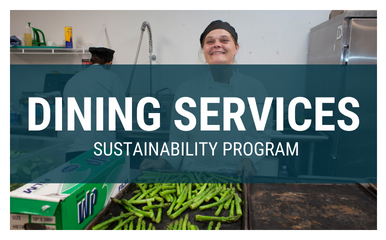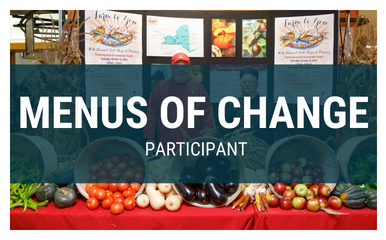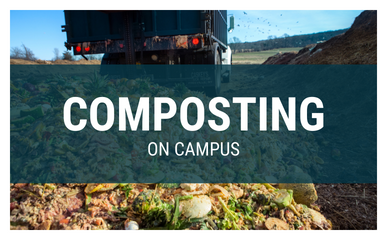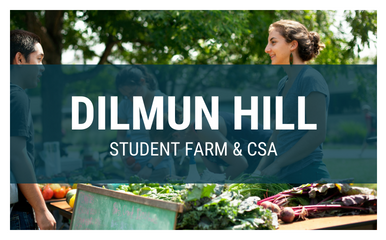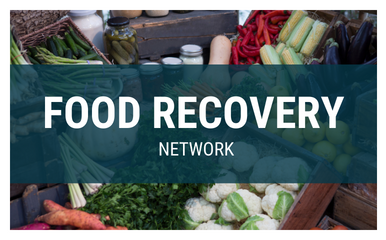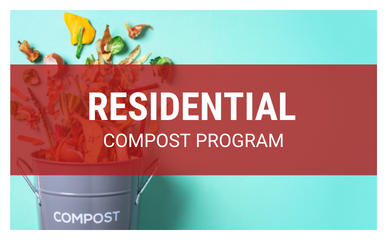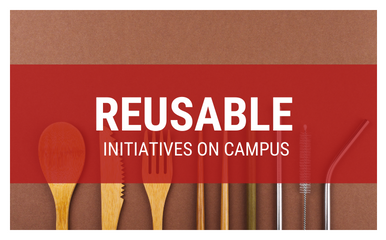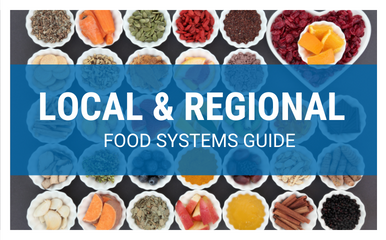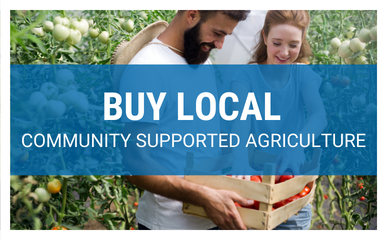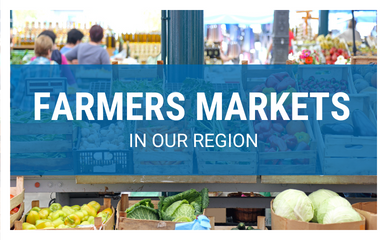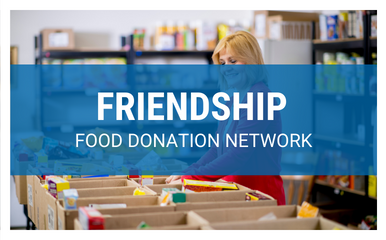Food
Cornell supports healthy, sustainable food systems by offering food guided by the principles of Menus of Change in our campus dining facilities, supporting student-led farming, reducing food insecurity, purchasing from regional farms, and reducing food waste.
Take Action on Campus
• Eat plant-forward meals to reduce our collective carbon footprint
• Compost food waste in dining halls, retail locations, and residential communities
• Bring reusable containers and utensils to the dining hall and campus events
• Current Campus Work: The Sustainable Cornell Council has a current priority to improve campus dining food waste. Learn more about the Dining Food Waste Working Group.
Sustainable Cornell Food Initiatives
As a land-grant institution, Cornell has a strong focus on advancing healthy food systems for New York State and the world. See how we are taking steps to create a thriving educational community and robust sustainable food system on campus and in our community.
Participate in Campus Programs
Ready to get started taking action to reduce your carbon footprint, eat healthier, and contribute to a zero-waste campus? Take action with these food programs and initiatives at Cornell.
Quick Facts about Cornell Food Sustainability
- All incoming students receive a reusable takeaway container for use at campus dining facilities, reducing single-use plastic and styrofoam waste.
- The Sustainable Event Certification Program helps campus event organizers use sustainable-preferred vendors, host zero-waste events, and provide plant-forward meal options.
- Receive 10% when you bring your reusable mug to any campus dining location.
- Composting and food waste reclamation are available in every dining facility on campus. Toni Morrison Dining Hall, which opened in 2022, was designed with highly efficient in-house food grinders which capture 95% of all food waste and reduce water use in serviceware cleaning. All Cornell kitchen facilities use pre-consumer composting.
- Composting is also available in every residential community through the Residential Composting Program.
- Cornell University Agricultural Experiment Station (CUAES) Farm Services processes Cornell's food waste on-campus, reclaiming about 7,406 tons of compost annually. We use this nutrient-rich soil to power our farms.
- The student-run Dilmun Hill Farm provides students with hands-on farming experience and provides a community-supported agriculture (CSA) program to the Cornell community.
- Cornell is a land-grant agricultural school, with many food resources produced right here on campus. All campus apples are supplied by Cornell Orchards, most dairy products come from the Cornell Dairy, and all fryer oil is collected by National Oil Recovery to be converted to biodiesel fuel.
Local, Regional & Partnerships
What's happening in our community around sustainable food systems? Learn about national and local initiatives Cornell participates in, and opportunities to be connected off-campus.

